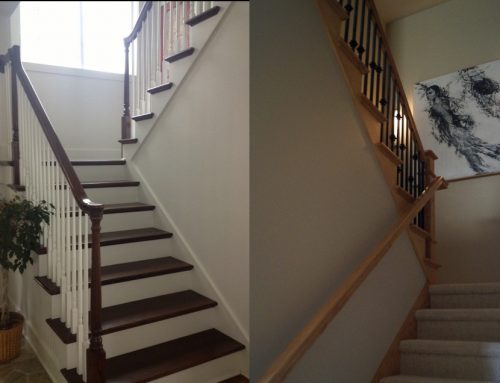You awaken from a good night’s sleep and having retrieved your cup of coffee, the morning routine leads you to the bath room where you prepare for a nice hot shower. This is done without a thought given to one of the vital pieces of equipment in your home you rely on daily; the water heater.
When planning one’s new custom home or remodeling project, the conversation with your builder should eventually include what options are available in water heaters. Although not as glamorous as deciding what color of cabinetry you want or the design of your stairway balustrade, deciding on the size and type of water heater to install in your home is just as important to the enjoyment of your home as those aesthetical choices.
Like so many other products available for new homes, there are a multitude of water heater types and sizes to choose from. I strongly suggest that you spend some time discussing these options in detail with a knowledgeable representative at a local plumbing supply showroom, but I will offer some general guidelines in this article.
To begin your decision making process, you will want to determine the type of water heater that is best suited for you and your family. Generally, the two basic types of water heaters are the conventional tank type and the tank-less or on-demand type.
By a wide but decreasing margin, the conventional tank unit is the most popular type of water heater used in new construction today. Simply put, the tank type water heater stores water, available in different capacities, for use at any time. These heaters are available in electric or gas models and varying efficiencies. Obviously the higher the capacity and the higher the efficiency, the more the unit will cost initially.
If you choose a tank type, it is important to establish what size of heater is required to effectively meet the hot water demands of the home’s occupants. Due to the fact that a water heater can be responsible for up to one-third of your home’s energy bill, a properly sized water heater is, obviously, very important.
Regarding the differences in efficiency of the available tank heaters, as with all energy producing/saving products, weighing the upfront cost against the expected time frame for a return on your investment should be a part of your decision.
The other type of water heater that is steadily gaining in popularity is the tank-less or on-demand type of system. Unlike the conventional tank unit that stores hot water, the tank-less unit heats water only when there is demand. These units are available in electric or gas but we have found that the gas type is much more effective in all but very light usage.
The tank-less type of heater is perfectly suited for a home where hot water demand greatly fluctuates such as a lake cottage where there are times of very high usage and times where the demand is very low. With this type you will not be paying to keep a large amount of hot water available for those high demand instances when it is not needed in the low usage times.
The on-demand water heater does cost substantially more to install in your new home but, because water heating is such a large portion of your home’s energy bill, the return on investment can be realized very quickly.
Although the on-demand water heater does give you the ability, as an example, to take back to back showers endlessly, an average sized heater will not allow you to use the shower, washer and dishwasher simultaneously.
Our company offers a gas 50 gallon power-vented tank water heater as standard in our new homes, which is highly efficient equipment with a very good return on investment. We do, however, recommend the tank-less type in many instances when the owner agrees that it makes sense for them.
The technology used in the construction of water heaters is ever evolving and I have only offered some basic information regarding this important piece of equipment to be installed in your new home or remodeling project. There are certainly a number of other options that may be better suited for your project and we look forward to discussing those with you while planning your new home.


